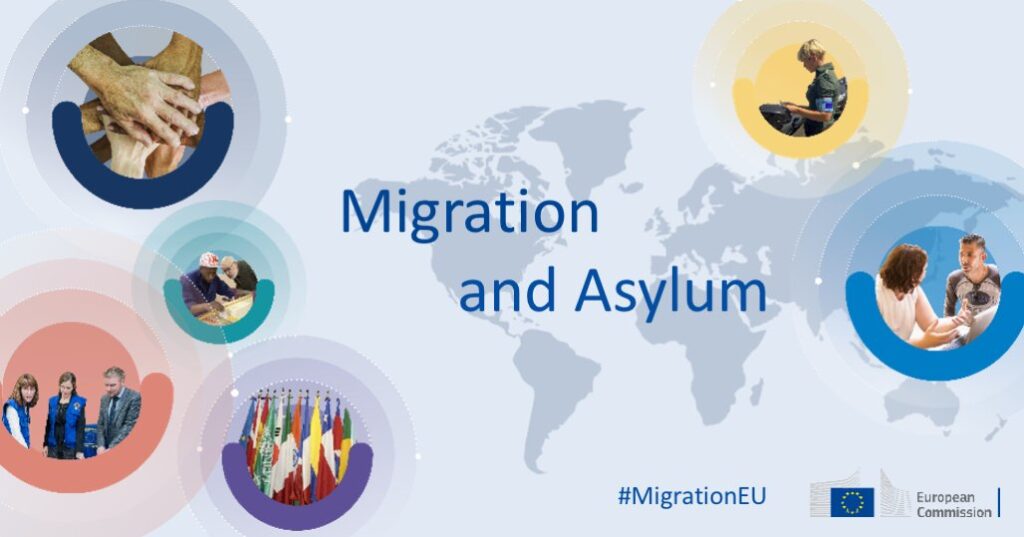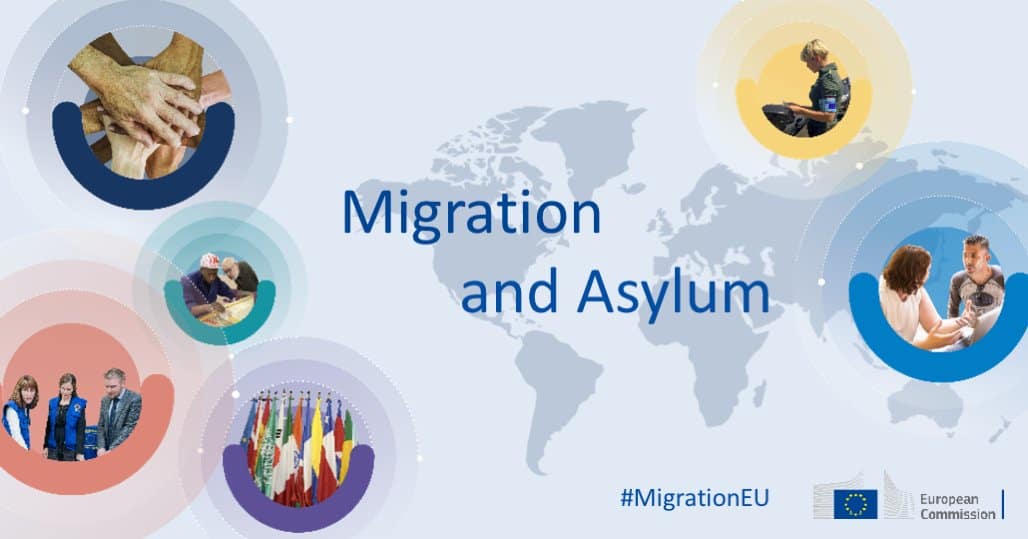
The European Commission on Wednesday revealed a new migration plan that stresses mandatory burden sharing and sending illegal migrants back to their home countries.
Ursula von der Leyen, European Commission president, called it a "European solution... to restore citizens' confidence".
"The recent fires that destroyed the Moria camp in Greece, housing more than 12,500 migrants and refugees, was "a stark reminder we need to find sustainable solutions", she added.
The new pact proposes a "fair sharing of responsibility and solidarity between member states while providing certainty for individual applicants". There would be:
- New compulsory pre-entry screening involving health, identity and security checks
- Faster asylum border process involving decisions within 12 weeks and swift returns for failed applicants
"We want to live up to our values, and at the same time face the challenges of a globalised world," Ursula von der Leyen continued, warning that the old system "no longer works".
However, the plans were criticised both by human rights groups and governments opposed to taking in migrants.
"We believe that the European Union and its member states must cooperate in keeping the looming migration pressure outside our borders," said Hungarian government spokesman Zoltan Kovacs. "Hungary does not support obligatory distribution."
The plan would also put EU countries with external borders under closer monitoring to stop illegal pushing back of people after reports of such action by Hungary, Croatia, Greece and Malta.
The proposals will now be examined by the European Parliament and the Council of the EU.
It is now time to rise to the challenge to manage migration jointly, with the right balance between solidarity and responsibility. #MigrationEU
More on the new Pact on Migration and Asylum: https://t.co/D5p77MItQs pic.twitter.com/GPLH0JTXAK
— Ursula von der Leyen (@vonderleyen) September 23, 2020
The world is also becoming less tolerant of migrants, according to a Gallup poll recently released.
Seven European countries, led by North Macedonia, Hungary, Serbia and Croatia, topped the Gallup index of the world's least-accepting countries.
The poll asked people their views about having migrants living in their country, becoming their neighbours and marrying into their families.
Stay updated with the latest news from Greece and around the world on greekcitytimes.com.
Contact our newsroom to share your updates, stories, photos, or videos. Follow GCT on Google News and Apple News.


